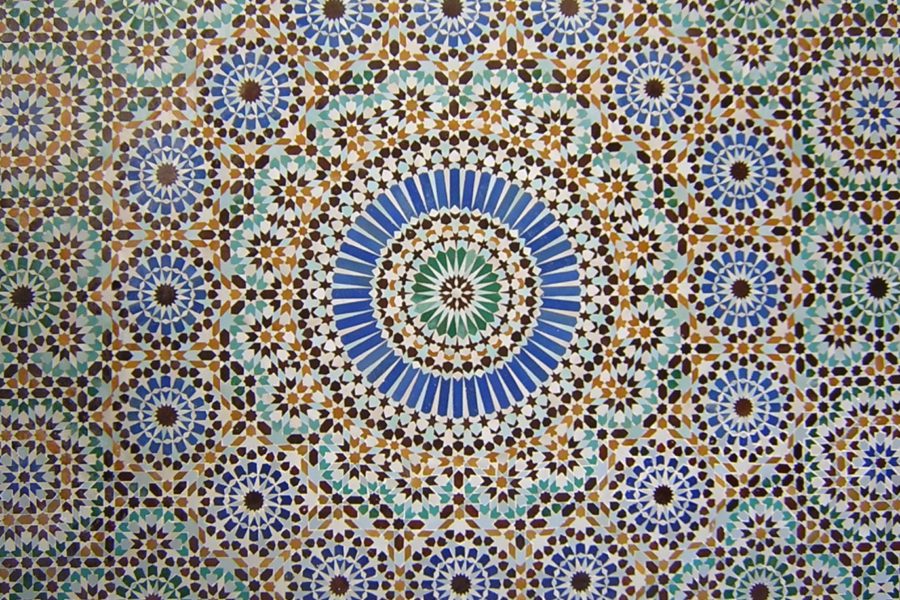Welcome to KARAMAH EU website
« Al wat we delen » campaign is about focusing on the things
that unite us in these dividing times and aims to realize that
we have more in common than what separates us.
« Al wat we delen » campaign is about focusing on the things
that unite us in these dividing times and aims to realize that
we have more in common than what separates us.
We also aimed to complement others’ advocacy and legal action work by other means, such as financial support for joint legal action and organizational and network support in building a country-wide (and on the long-run also transnational) coalition. KARAMAH had previously already provided financial support allowing KARAMAH EU to partner with BOEH and other organizations to successfully challenge a discriminatory policy in Flemish public schools affecting Muslim and Sikhs students. The legal case was won before the Belgian State Council. However, additional action was still required to make sure schools respect the decision.

The idea for the awareness campaign was one short video that aims at raising awareness about the consequences of islamophobia. The main target audience would be victims of Islamophobia and discriminations while at the same time reaching a broader audience. The video was to be disseminated through social media via our own network and various partners and partner organizations to reach our target groups. The main message is that anti-Muslim discriminations in any situation, including schools and workplaces, are not only socially unacceptable but also constitute a violation of basic human rights and therefore is open to legal action. The goal was to produce a multilingual video, at least in French and Dutch for national use and preferably also in English for broader dissemination (to reduce costs, a single basic version with different subtitles may be the best option).
These videos aim at breaking common stereotypes about Muslim men and women. They both are intended for a large public, they portray a stereotype breaking image of a young Muslim woman in one video, and of a young Muslim man in the other, and carry in them an empowering message for Muslim youth.
The written message at the end of the short video reads as follows: ‘break stereotypes, fight racism’. The hashtag that goes with the campaign is #changehappensoffline. The above mentioned slogan is followed by the message ‘like share follow, but don’t stop here, #changehappensoffline’. The idea is to make people aware that action is needed, as a victim you can (and should) report incidents of discrimination and islamophobia, and as a bystander you should definitely act as well. Depending on the timing of the legal action, the dissemination of the short videos can go hand in hand with communication about the course and/or outcome of the case.
The co-building of the sustainable coalition through the launch of the website ReSisters. The website has been designed as a digital safe space dedicated for women from all minority groups (ethnic, race, gender, politics, religion, disabled, etc.). A platform on which they could express themselves by suggesting various type of contents but also by building a pedagogical inclusive glossary. A resourceful platform for both women from minority groups and their allies.

We held our first ‘building bridges’ workshop. We involved partners who stride against post-colonialism, racism, discrimination, and islamophobia. Throughout the course of 10 months we held subsequent meetings with all partners. The workshop was organized together with Kifkif, Hand in Hand, Hart boven Hard and Movement X.
The idea was to bring together white progressive people and people with a Muslim and/or a migration background to have a dialogue with each other in a safe environment and with moderation and coaching from our organizations. The idea behind it is to work out a method (and possibly a concrete educational tool) to facilitate this kind of dialogue, so as to be able to help others engage in dialogue and further continue to ‘build bridges’.
– The Privilege Walk :
In the process we discuss the concept of privilege. Privileges are a difficult concept to understand. Privileges can be found on the level of race, religion, gender, sexual orientation, education, health, wealth… Most people relate themselves to privileges in a personal individual way, while privileges show us how society and the fabrics of our societal system categorize people based on different elements and show what values are given to different status.
During this activity, we had the chance to host, Dr. Olivia Rutazibwa, who is an expert on post-colonial studies. She gave a presentation on the links between post-colonialism and institutional racism. We
also had the chance to have Dr. Anya Topolski who gave a presentation on the comparisons between anti-semitism in Europe and the current Islamophobia.

Many documentations are available on what is islamophobia, who is targeted and how to fight against it. However, there is no concise document gathering all relevant and practical information build for a digital native audience. For this booklet we have decided to make it a 5 pages easily shareable document with short and practical information on what is islamophobia, how it targets women specifically and most importantly what to do in case one’s is victim of it. The document will be available for free on our upcoming website (end of 2018). The French version is ready for publication, Dutch translation will take place in the coming months.
We partnered up with ENAR, CCIB and MRAX to organize a cluster of workshops catering to Muslim women and first line allies.
– A jurist for MRAX held a “know your rights” workshop, which was a presentation about discriminations and the legal response to it with a special focus on islamophobia.
– The next day we organized a safe space for victims of islamophobia managed by a psychologist during which Muslim women voiced and shared their experiences which helped liberate themselves from traumatic experiences. The idea was to raise awareness about the legal means at disposal for victims of discrimination and/or Islamophobic acts.
On both afternoons we invited several organizations taking part in the fight against islamophobia at different levels. Namely: MRAX, CCIB and Collectif Kahina. The participants were exposed to different ways of tackling islamophobia and successful mobilizations.
The aim of this activity was to provide the participants with insights into the main differences between discrimination, racism and islamophobia and inform them about which legal actions they can or cannot undertake against them. We also wanted them to learn about the limits of our legal system together with the importance of filing complaints (numbers give power).
Other than strictly legal recourses, we offered a whole list of other instances where they can file complaints, according to the specific form of discrimination (e.g. the Council for Journalism). Our main goal is to develop a reflex within the participants to identify a problematic situation and to adopt an empowered attitude towards it as well as to think about what is feasible and which institution to contact to report the issue to.
This workshop was developed with the help of our partners; Saila Ould Chaib from Legal Clinic UGent, Rachida Lamrabet from Unia, Imane El Morabit from Unia
On Saturday the 29th of April 2017 we organized a one day-long interactive activity (2 workshops) in Antwerp. In the morning, psychotherapist Birsen Taspinar, who has also written a book about the migration story of three Turkish women, held a workshop on the psychological impact of racism.
In the afternoon Orlando Verde of the social movement Kifkif, that strides against racism and against biased media reporting, held a workshop on biases in media (programs, news reporting) and online hate speech.

Together with Motief vzw, we held this workshop again on Saturday the 11th of November 2017. we Psychoterapist, Birsen Taspinar was leading this workshop which gathered a dozen or so particpipants.